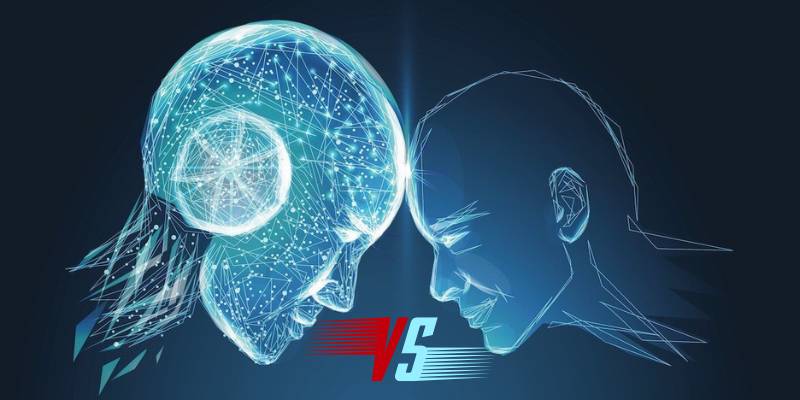There’s a fresh idea stirring in U.S. AI policy circles: what if independent safety panels, not just corporate promises, became the gatekeepers of responsible AI?
A new proposal backed by the nonprofit Fathom would allow companies to gain legal immunity from certain lawsuits if they undergo third-party testing and certification.
The pitch is simple enough — prove you’re playing safe, get a shield in return — but its implications are massive, as Axios recently reported.
The model is already gaining traction at the state level. In California, an early attempt at codifying this through SB 813 fizzled out, but lawmakers are gearing up to reintroduce a revised version in 2026 with broader input and a sharper focus on what kinds of protections companies would actually get.
Legiscan’s bill tracker shows how momentum is building, even after setbacks.
What makes this intriguing is how it parallels other moves in AI governance. Take California’s new AI transparency law, which requires disclosures of safety protocols and whistleblower protections — a landmark step already hailed as a blueprint for state-level leadership.
Coverage by The Verge illustrates how states are filling the vacuum left by Congress’ inaction. The proposed certification panels could become another piece of that patchwork.
The idea of independent verification also resonates internationally. In Europe, critics argue the EU AI Act has become overly complex, piling regulation upon regulation.
Even Google’s EMEA president Debbie Weinstein warned that the region risks choking innovation under a “regulatory maze,” as reported by the Times of India.
In contrast, a voluntary yet incentivized certification approach might seem more pragmatic — or at least less stifling.
Of course, this raises thorny questions. Could such panels become little more than industry-friendly rubber stamps? Or might they genuinely raise the bar, like safety testing in aviation or pharmaceuticals?
Dean Ball, a former White House AI advisor who helped develop the idea, suggests the panels could strike a balance between flexibility and accountability.
His thoughts, captured in Hyperdimensional’s coverage, show how policy wonks are trying to thread this needle.
My gut feeling? It’s a gamble worth watching. Voluntary safety certification might sound like half-measures, but in a world where federal regulation moves slower than molasses, states experimenting with new governance tools could be the only real game in town.
Whether it becomes a trusted safeguard or a glorified fig leaf depends on execution, transparency, and whether lawmakers have the stomach to demand real standards instead of settling for feel-good optics.


